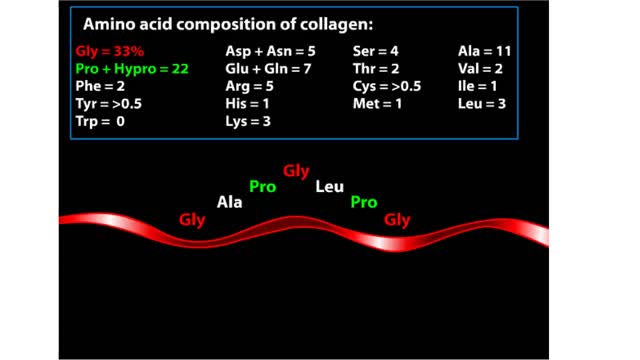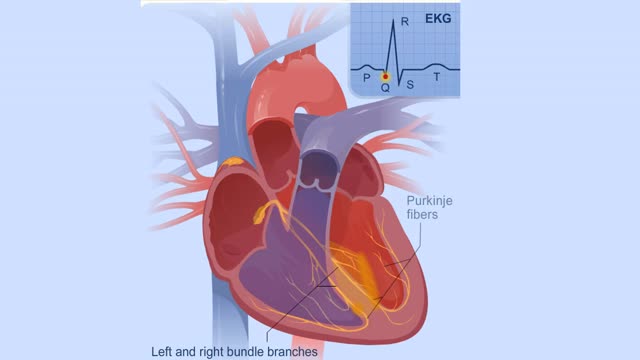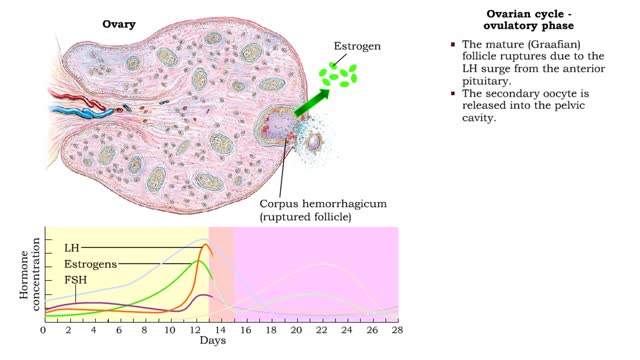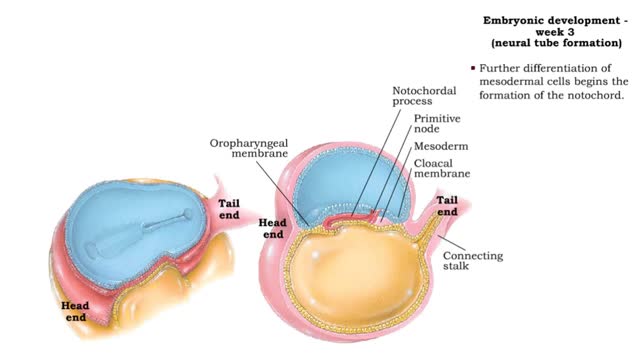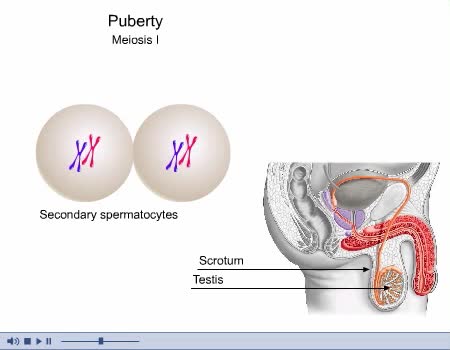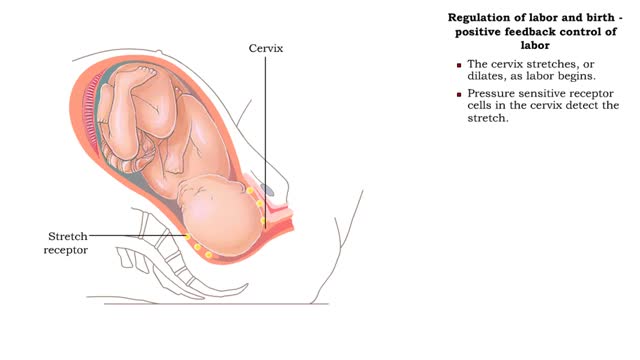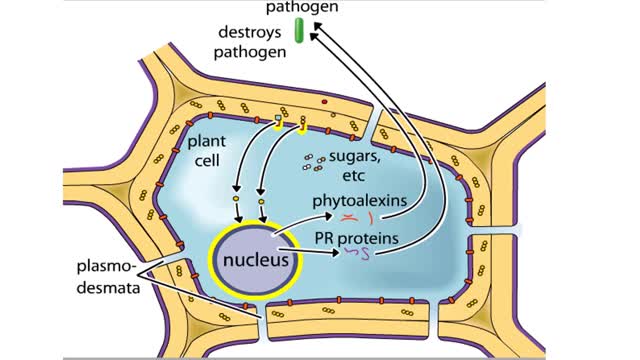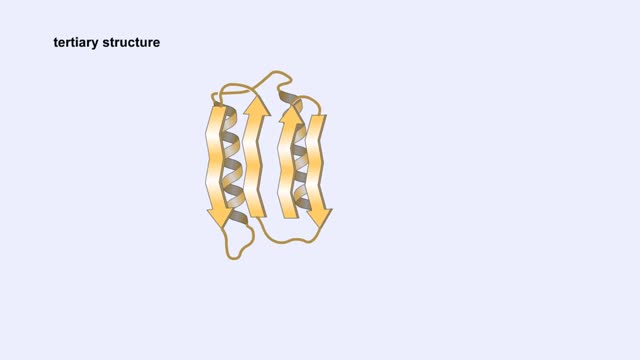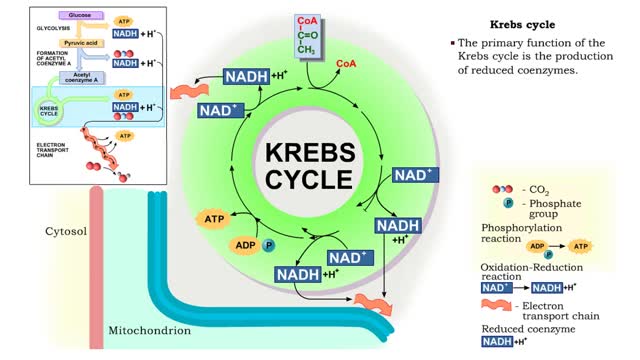Search Results
Results for: 'Body fluid volume'
Major Elements in Biological Molecules: Proteins
By: HWC, Views: 11184
Proteins are chains of amino acids linked by peptide bonds. The 20 different amino acids used to make all proteins differ only in their side chains, and the properties of these side chains account for the great diversity of protein structure and function. Collagen is an example of how a prote...
Electrical Conduction System of the Heart
By: HWC, Views: 10812
Your heart is a muscle that works continuously, much like a pump. Each beat of your heart is set in motion by an electrical signal from within your heart muscle. The electrical activity is recorded by an electrocardiogram. known as an EKG or ECG. Each beat of your heart begins with an electric...
By: HWC, Views: 12141
• The ovarian cycle is a monthly sequence of events, consisting of three phases: • Preovulatory • Ovulatory • Post ovulatory Preovulatory phase • prior to ovulation: Primary follicles develop into secondary follicles. • Follicular cells surrounding the primary oocyte In...
Embryonic development - Week 3
By: HWC, Views: 11765
Week 3 (gastrulation) • Three primary germ layers are formed which provide cells for organ formation in the following months. • These germ cell layers are formed by a process known as gastrulation, which involves rearranging epiblast cells. • As cells from the epiblast migrate, a fain...
By: Administrator, Views: 15151
Spermatogenesis is the process by which haploid spermatozoa develop from germ cells in the seminiferous tubules of the testis. This process starts with the mitotic division of the stem cells located close to the basement membrane of the tubules. These cells are called spermatogonial stem cells. T...
Labor and Childbirth - The Three Stages of Labor: Dilation, Expulsion & Placental مراحل الولادة
By: HWC, Views: 12125
Regulation of labor and birth - effects of estrogen and oxytocin on onset of labor • Just prior to birth, high placental corticotropin-releasing hormone levels stimulate the production of more estrogen. • High estrogen levels overcome the inhibitory effects of progesterone on uterine sm...
Plant Defense Mechanisms from Pathogens
By: HWC, Views: 11121
Plants and pathogens have coevolved such that pathogens can recognize plants by the sugars, or other molecules, they produce. Plants, in turn, can recognize pathogens by the molecules they produce. The ability to recognize pathogens allows plants to activate defense systems that can prevent wides...
Protein Structure - Primary, Secondary, Tertiary and Quaternary
By: HWC, Views: 11570
A protein's first order structure, or primary structure, begins with the amino acid sequence of the polypeptide chain. The 20 different amino acids can be arranged in an infinite number of sequences. For example, the hormone insulin, which regulates the uptake of glucose from the blood into ce...
Krebs cycle : Formation of acetyl coenzyme A and Electron transport chain
By: HWC, Views: 11962
The oxidation of glucose to produce ATP is cellular respiration. Four sets of reactions are involved: Glycolysis Formation of acetyl coenzyme A Krebs cycle reactions Electron transport chain reactions • The second pathway of glucose catabolism, formation of acetyl coenzyme A, is a transi...
Advertisement



